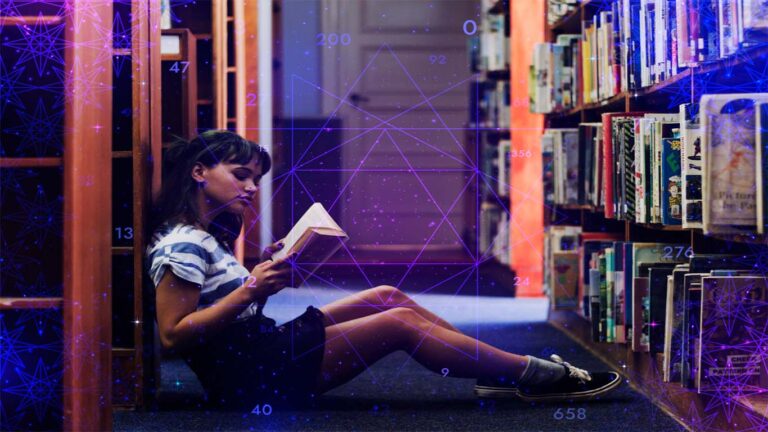
Education is more than just a series of lessons; it’s a transformative journey that shapes individuals and prepares them for the world beyond the classroom. From the first day of kindergarten to the final step of university graduation, the path from classrooms to careers is an evolving experience that equips students with the knowledge, skills, and values needed to succeed in the workforce.
The foundation of this journey begins early, as students are introduced to essential academic subjects such as math, science, literature, and history. These subjects provide the building blocks of education, fostering critical thinking, creativity, and problem-solving skills. For many students, their time in elementary and secondary school is a time of self-discovery, where they begin to understand their interests, strengths, and potential career aspirations. During this stage, students develop key social skills and learn the importance of teamwork, discipline, and perseverance—traits that will serve them well in their future careers.
However, as students transition into higher education, the focus begins to shift. While foundational knowledge remains important, the emphasis moves toward specialization. College and university courses allow students to dive deeper into their chosen fields, whether it be engineering, medicine, business, or the arts. This specialization equips them with both technical expertise and a deep understanding of their industry. Through internships, hands-on projects, and collaborative learning, students also gain practical experience that connects theoretical knowledge to real-world application.
Beyond the classroom, higher education institutions play a crucial role in preparing students for the workforce. Career services, networking opportunities, and mentorship programs are all integral to helping students bridge the gap between their academic studies and professional goals. In addition, extracurricular activities, such as leadership roles in student organizations or involvement in community service, offer students valuable experiences that contribute to their personal growth and career readiness.
While education equips students with the necessary tools for their careers, the journey doesn’t end at graduation. The ever-evolving nature of the job market requires individuals to continue learning and adapting long after they enter the workforce. Continuous professional development, certifications, and on-the-job training ensure that individuals stay competitive in their fields. Furthermore, the skills gained through education—like problem-solving, communication, and adaptability—serve as lifelong assets that contribute to career growth and success.
The journey from classrooms to careers is not always linear. Many individuals take nontraditional paths, switching careers or pursuing additional education later in life. The beauty of this journey is that it is uniquely personal, with each person navigating it at their own pace and in their own way.
In conclusion, the transition from classrooms to careers is a multifaceted journey that involves academic learning, personal development, and professional growth. It is a process of discovery, challenge, and achievement that continues throughout a person’s life. By embracing the opportunities presented at every stage of education, students can confidently embark on their path to a successful and fulfilling career.
Share this content:







